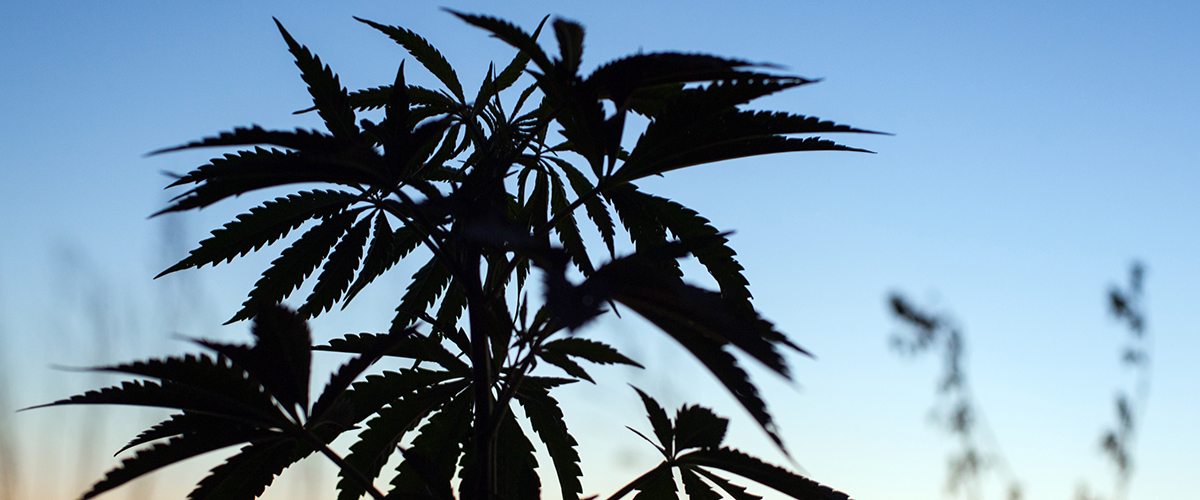[vc_row][vc_column][vc_column_text]
Now in its eighth year, Hemp History Week is a grassroots event designed to celebrate hemp and raise awareness about the plant’s environmental sustainability, health benefits and technological applications.
As the first publicly held company operating within the cannabis and hemp space, Medical Marijuana, Inc. is excited celebrate this year’s Hemp History Week, taking place June 5-11. The grassroots nationwide event, sponsored by the Hemp Industries Association (HIA) and Vote Hemp, is meant to raise awareness about the array of benefits of hemp and to advocate for full federal legalization of industrial hemp farming.
On its 8th year, Hemp History Week will feature over 1500 events throughout all 50 U.S. states. The theme of this year’s industry-wide effort is Breaking Ground, with events focusing on the latest research advances in hemp agronomy, new hemp product applications, and encouraging federal legislation that would expand legal hemp farming.
Vote Hemp estimates that the U.S. hemp market grew 25 percent in 2016, up from $573 million in 2015 to $688 million in 2016. Hemp cannabidiol (CBD) products, such as Medical Marijuana, Inc.’s Real Scientific Hemp OilTM and Dixie Botanicals Dew DropsTM, made up $130 million of last year’s total sales. As the hemp industry continues to grow, so have efforts to educate and renew support for hemp farming in the U.S.[/vc_column_text][/vc_column][/vc_row][vc_row][vc_column][vc_column_text]Hemp is an environmentally sustainable crop that has been harvested for centuries as a renewable resource. With more than 25,000 product applications, hemp can reduce our dependency on wood, petroleum and other non-sustainable industrial agriculture and energy practices. Hemp seed is considered a good source of essential fatty acids, highly-digestible protein, dietary fiber, and an array of naturally-occurring vitamins and minerals.
Considered one of the strongest natural fibers, hemp was at one point a staple crop for farmers in the U.S. before production was essentially halted in 1938 with the passing of the Marihuana Tax Act. Current federal regulations still make it illegal to cultivate outside of the state-regulated pilot programs. As a result, American businesses must rely on imported rather than domestically grown hemp to manufacture dietary supplements, food, clothing, building materials, and body care products.
Significant progress toward lifting the federal prohibition on hemp farming was made with the passing of the 2014 Farm Bill, which allows states to enact hemp-farming programs. As of now, 33 states have taken advantage of the Farm Bill and removed barriers to the production of industrial hemp. During 2016, a record-setting volume of hemp was planted and harvested in the U.S.
Organizers of Hemp History Week are using the event to encourage lawmakers to consider the Industrial Hemp Farming Act, which would make hemp cultivation federally legal.
“Vote Hemp is actively engaging with hemp farming supporters in Congress, to assure that sovereign tribal nations and U.S. territories are included in any federal legislation that would lift the outdated prohibition on farming this versatile, sustainable crop,” said Eric Steenstra, President of Vote Hemp.[/vc_column_text][/vc_column][/vc_row][vc_row][vc_column][vc_single_image image=”17298″ img_size=”1200×250″ onclick=”custom_link” img_link_target=”_blank” link=”https://www.medicalmarijuanainc.com/why-do-we-refer-to-hemp-as-industrial-hemp/”][/vc_column][/vc_row][vc_row][vc_column][vc_column_text]The Hemp History Week events taking place throughout the U.S. this week include hemp-focused restaurant programs, film screenings, state lobbying days, a letter writing campaign, spring plantings, and community outreach at farmers’ markets. To celebrate today’s launch, organizers partnered with organic hemp farming organization Rodale Institute for the press event “Hemp Day on the Farm: Press Conference, Hemp Farm Tour & Hemp Luncheon.” The Rodale Institute is one of 16 organizations in Pennsylvania to be granted a permit to conduct research with hemp farming trials.
Understand the differences between hemp and marijuana and learn more about the growing demand for hemp in the U.S. by visiting our education page.[/vc_column_text][/vc_column][/vc_row]






